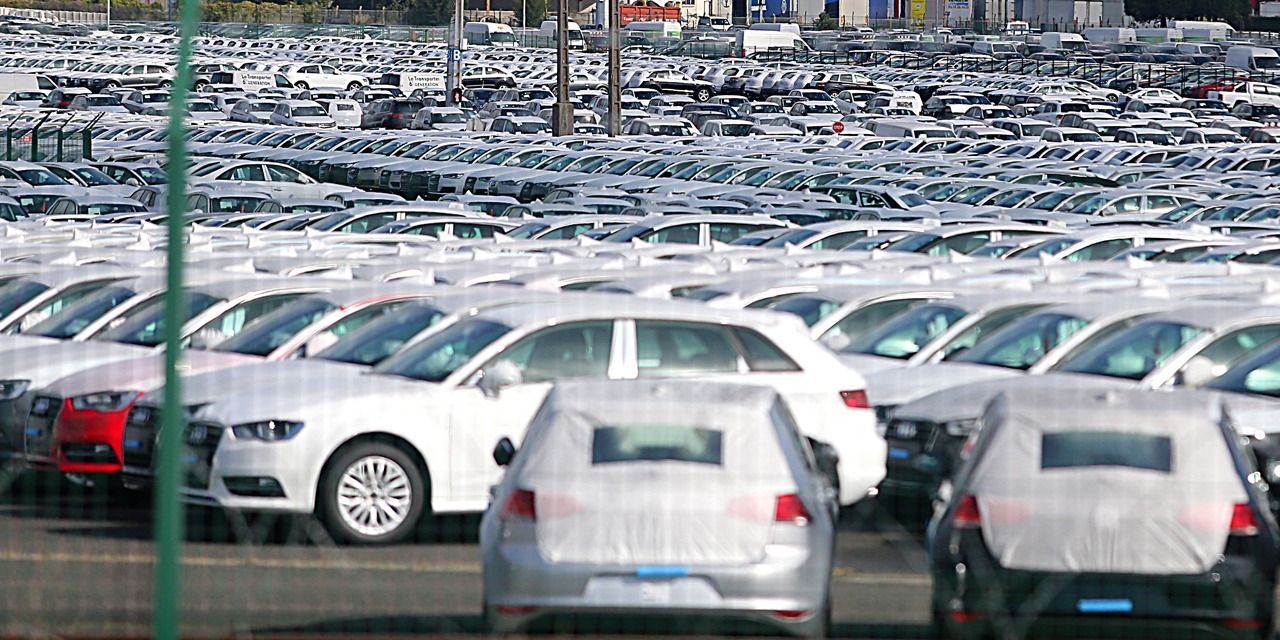The conversion premium, a device to help replace an old vehicle with a less polluting vehicle, will be restricted from 1 August, with stricter allocation conditions and reduced amounts in many cases, from after an order issued Wednesday.
At the beginning of the month, Transport Minister Elisabeth Borne stressed the need to refocus this highly successful bonus towards "the most modest households" and "really cleaner" vehicles.
The decree, published in the official journal, provides in particular to exclude from the device the purchase of vehicles over 60,000 euros. It also states that the vehicles acquired will have CO2 emissions of less than 117 grams per kilometer, compared with a ceiling of 122 grams so far.
Vehicles classified as Crit'air 2 stickers will no longer be eligible
Vehicles classified in the Crit'air 2 sticker and registered before 1 September 2019 will no longer be eligible for the conversion premium, thus excluding all diesel registered before that date. On the other hand, flex-fuel vehicles running on E85 superethanol will be favored because their eligibility will take into account a 40% abatement on their CO2 emissions.
The amount of aid that depends on whether the household is taxable or not will henceforth depend on the "reference fiscal income per unit" and "the different premium levels are revised downwards with the exception of the cleanest vehicles", stipulates the decree. The premium can however still reach up to 5,000 euros for the most modest households acquiring a hybrid or electric car.
Nearly 250,000 French people benefited in 2018
The conversion premium is for buyers of new or used vehicles, thermal or electric, scrapping a gasoline or diesel old vehicle. Nearly 250,000 French benefited in 2018 at a cost of 500 million euros for public finances. The government is counting on a budget of 600 million euros for 2019, an amount that has not been modified. It is still targeting a million premiums paid over the entire five-year period.
According to a report published in early July by the daily newspaper Le Parisien , 220,000 requests for conversion premiums had already been filed at the end of June, which would have represented around 450,000 cases over the year for a cost of 900 million euros in the year. absence of a refocusing of the device. The National Council of Automotive Professions (CNPA), which represents the dealers, denounced "a decision taken without consultation, in the heart of the summer" and "completely destroys the device that helped to help households. acquire a less polluting vehicle ". She believes that the "amounts of aid have been drastically reduced" with the sole objective of controlling public spending and "urgently needed a meeting" with the new minister of the ecological and solidarity transition, Elisabeth Borne.
Dealers are likely to suffer significant economic damage with the depreciation of part of their stock of automobiles that will no longer be eligible for this government assistance. On the other hand, the bioethanol sector welcomed the decree, saying it "will encourage car manufacturers to develop E85 flex-fuel engines". "E85 superethanol reduces net CO2 emissions by more than 40%," said the Bioethanol Collective in a statement.

